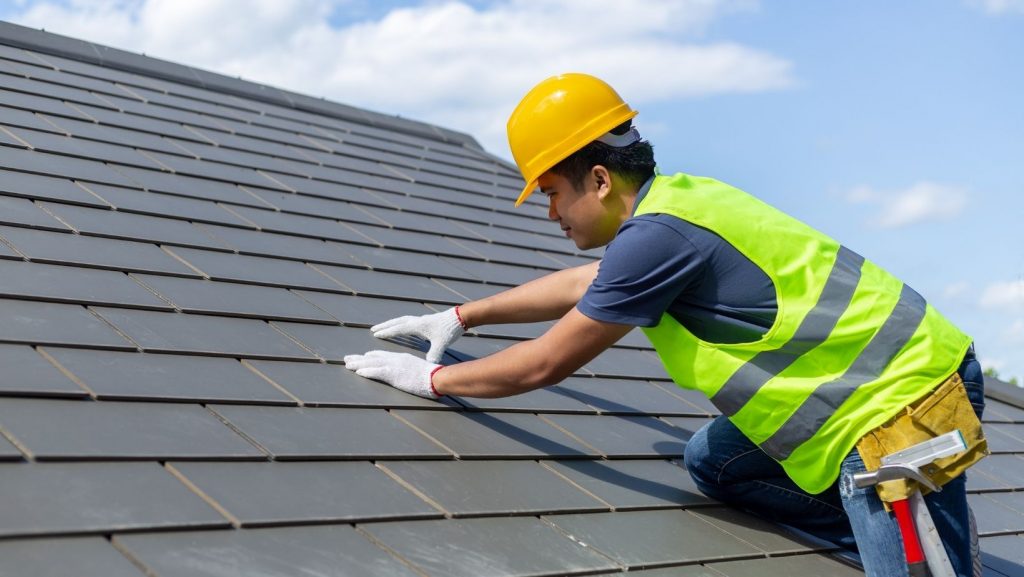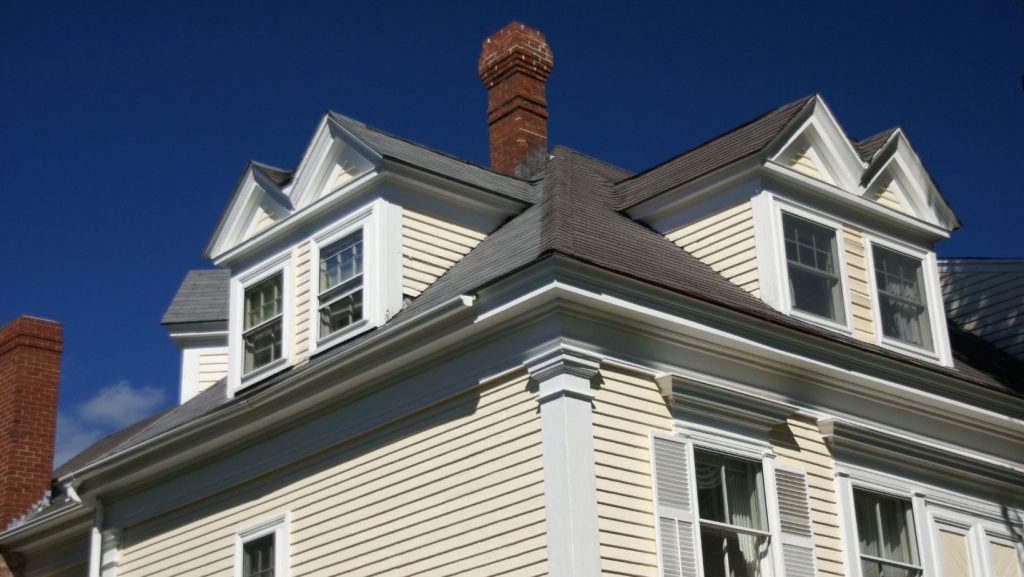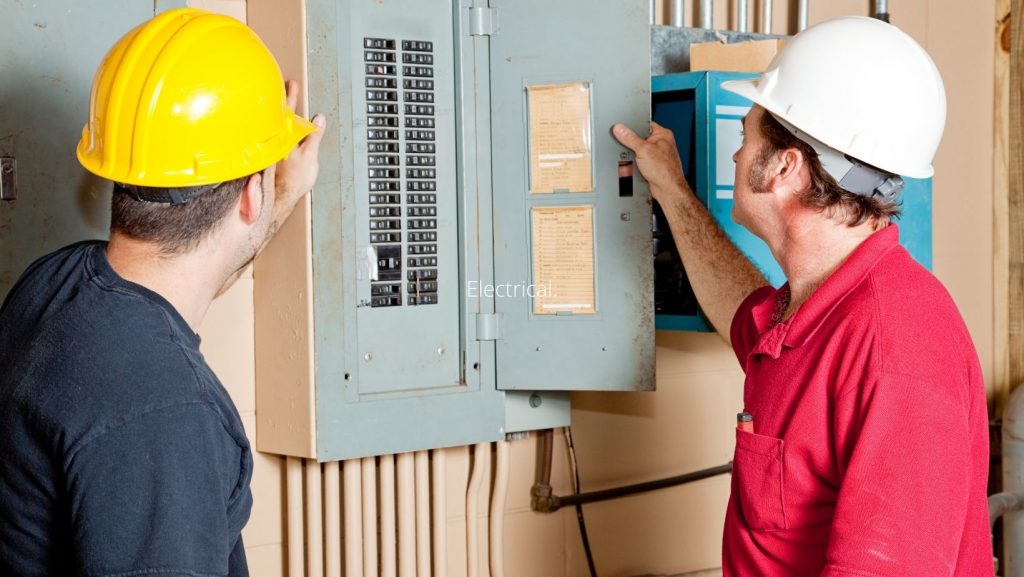Home Inspections: What to Inspect and Why
Buying a house is a big undertaking and with the real estate market, as it is right now, a lot of homebuyers are waving the home inspection. Is this a good idea? What if something’s wrong after you close on the home? Should you really waive the home inspection or do your own inspection?
The home inspection is a vital part of the home buying experience. The largest purchases you’ve probably ever undertaken and not knowing everything about it is just not wise investing. However, in hot seller’s markets, many sellers are actually completing their own home inspections to make the home buying process much smoother. They hope to streamline the process and fast-forward through the home inspection having it already completed. However, depending on the situation and the transaction, this may or may not be wise for the buyer.
We focus solely, 100% on the buyer. Our goal and interest is for the buyer only, not necessarily for the seller. While everybody wants a win/win situation, our goal is to make sure that the buyer is completely protected, understands the process, and comprehensively knows everything they can about the properties before they finalize the deal.
Again, each home is unique so, whether or not the home may need an inspection will depend on a case-by-case basis. However, if you are planning to have a home inspection, a qualified inspector is key to understanding everything you can about the properties.
Here are some things to inspect and why when purchasing a home in the Orlando Bay area.

Foundation.
The foundation obviously is the “foundation” of the property and should be in good condition. There should be any major cracks, crumbling, or sinking even though most homes will settle over time. The inspector will check the age of the home to determine the integrity of the foundation and whether or not it needs repair. Foundation repair is probably one of the most expensive repairs a homeowner can undertake so making sure that the foundation is well secure is the key to the rest of the house.

Roof
Just like bookends, the foundation and the roof secure the home in the middle so not only does the foundation need to be secure but the roof should be in good condition as well. While it’s not usually as expensive as major foundation repairs, it can be upwards of $10,000 or more depending on the material. Roof inspection will tell you how much life left the roof has and whether it needs certain repairs. This is a critical part of the home inspection that should not be overlooked. The roof inspection will also include part of the rain gutters and downspouts as well.

Exterior.
Home inspectors will take a look at the exterior of the home this includes any paneling, stucco, brick, wood, LP siding, metal siding, etc. While most homeowners are unable to tell if siding is good or bad, most inspectors would should give you an updated report of the integrity and life of your siding. Obviously, if the paint is peeling, chipping, and the wood is rotting away, that’s obvious signs of neglect and needed repair.
The exterior can also include walkways and driveways, porches and balconies, stairs, decks, railings, window frames and door frames.

Electrical.
Inspectors will also check all the electricity in the property this includes light switches and outlets, power panels and electrical panels. They will verify that the home is properly wired and maintains the right amount of amperage for the house.
Plumbing.
Depending on the age of the house, inspectors will check the plumbing to make sure that everything has been properly plumbed, drains properly, and that there are no leaks with faucets, under sinks, bathtubs, water heaters, etc. Any major plumbing issues, a moldy smell, musty, water stains, or leaks, should be repaired before the final sale. These can be costly repairs if left untreated.

Basements and garages.
Basements are notorious for leaks, moldy and mildew smells, and unfinished basements can sometimes reek of damage. Inspectors will check the water content, any sump pump issues, foundation issues, crawl spaces, and report on anything that should be repaired or replaced before habitation.
Garages may also have issues and all inspectors should have easy access to all the components in the basement and garage such as water heaters, furnaces and electrical panels.
Pest inspections.
Most inspectors will have some knowledge of pest inspections, especially for the Florida area. However, they may also recommend an additional pest inspection from an expert that deals only with pest inspections and removal. If at any time an inspector recommends an additional inspection, they have clearly seen something that is out of the round of expertise. To avoid any future damage or major costly repairs, we highly recommend additional inspections be completed.
Most inspectors know a little bit about a lot of different things. Some are well-qualified in certain areas such as roofs or construction. However, their general knowledge of the overall construction of a home is extremely valuable when making an informed decision on whether or not to purchase the property. Discuss with your real estate agent the logistics of the report, ask for advice and suggestions, and feel confident going into your home purchase that not only you know the home that you’re buying, but you are well prepared for any future issues.
Related: What to know about buying new construction vs. an older home
Orlando Buyers Broker is your key to getting the home you want at the price you need. We only deal with buyers. For expert buyers agent representation throughout the Orlando area, contact us below at any time.


 Back Home
Back Home


Leave a Reply